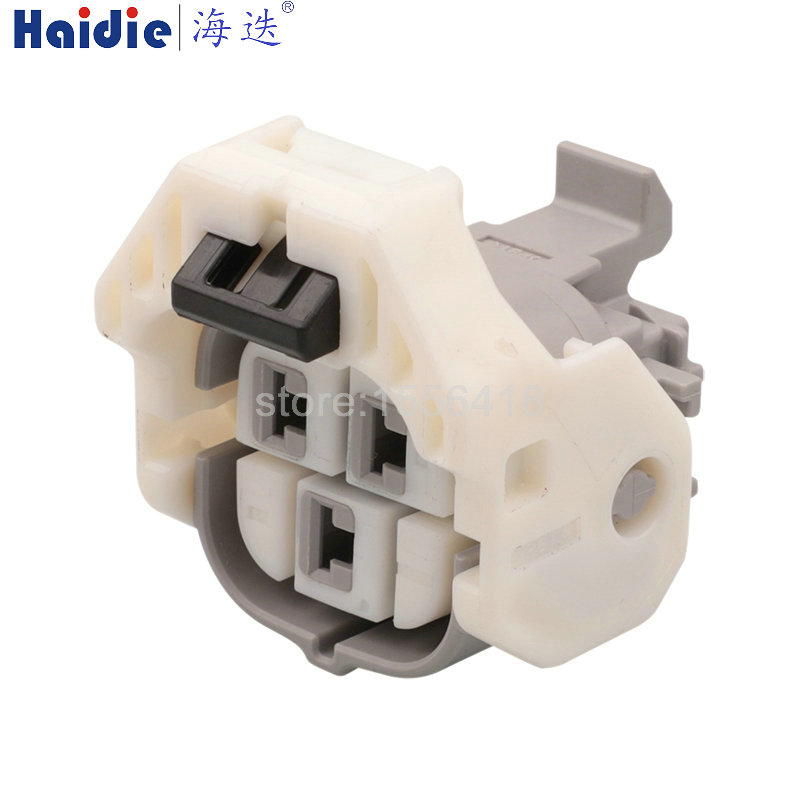With the rapid development of automotive technology, wireless connection technology has been widely used in the field of automotive connectors. Wireless connectivity technology has many advantages, which are outlined below.
First, wireless connection technology can eliminate the physical insertion and removal process required by traditional connectors. Traditional connectors need to use plugs and sockets to realize the connection of circuits, while wireless connection technology can transmit signals through electromagnetic waves, making the connection more convenient and simple. This not only saves the trouble of plugging and unplugging, but also reduces the risk of wear and failure due to plugging and unplugging, and improves the reliability and durability of the connector.
Second, wireless connection technology has higher flexibility and scalability. Traditional connectors need to expand the number of connection ports through physical plugging, while wireless connection technology can meet the needs of new connection ports through software upgrades or adding wireless modules. This enables wireless connection technology to better adapt to the ever-changing and evolving needs of automotive electrical systems, providing users with more options for use.
In addition, wireless connection technology can also avoid poor contact and electrical interference problems caused by plugging and unplugging. In traditional connectors, signal instability and quality degradation may occur due to poor contact or electrical interference during plugging and unplugging. The wireless connection technology transmits signals through electromagnetic waves, which avoids these problems and ensures the stability and reliability of data.
However, wireless connectivity technology also has some challenges and limitations. First, wireless connection technologies can be affected by interference and congestion, which can lead to reduced signal quality and dropped connections. Secondly, the transmission speed and bandwidth of wireless connection technology may be relatively low, which is not suitable for the transmission needs of large amounts of data. In addition, wireless connectivity technology consumes a lot of energy, which can have an impact on vehicle battery life and range.
To sum up, wireless connection technology has many advantages in the field of automotive connectors, including simplicity, flexibility and reliability. However, there are also some challenges and limitations that need to be faced. With the continuous innovation and development of wireless connection technology, it is believed that it will play an increasingly important role in future automotive electrical systems.
Post time: Jul-01-2023


